DALLAS — Boeing has officially announced it has entered into a definitive agreement to acquire Spirit AeroSystems.
The merger is an all-stock transaction at an equity value of approximately US$4.7 billion, or US$37.25 per share. The company says the total transaction value is "approximately $8.3 billion, including Spirit's last reported net debt."
As a summary of the terms, the merged companies will:
- demonstrate dedication to aviation safety and raises the standard of Boeing commercial aircraft.
- use the engineering and manufacturing resources of Boeing Enterprise.
- keep important U.S. defense and national security programs running.
- maintains the stability of the supply chain and the vital manufacturing workforce.
- create long-term value for its workforce, shareholders, and commercial and defense clients.
All the points make sense except for the first one, as both companies have shown a lax approach to production quality, which negatively affects aviation safety. We do hope this changes after the acquisition.

Terms of the Deal
A number of shares of Boeing common stock, determined by dividing $37.25 by the volume weighted average share price of Boeing shares over a 15-day period ending on the second trading day prior to the closing, will be exchanged for each share of Spirit common stock, with the exchange ratio ranging from 0.18 to 0.25 (subject to a floor of $149.00 per share and a ceiling of $206.94 per share).
If the volume-weighted average price is at or below $149.00, Spirit shareholders will receive 0.25 Boeing shares for each Spirit share, and if the volume-weighted average price is at or above $206.94, they would receive 0.18 Boeing shares for each Spirit share.
"We believe this deal is in the best interest of the flying public, our airline customers, the employees of Spirit and Boeing, our shareholders and the country more broadly," said Boeing President and CEO Dave Calhoun. "By reintegrating Spirit, we can fully align our commercial production systems, including our Safety and Quality Management Systems, and our workforce to the same priorities, incentives and outcomes – centered on safety and quality."
The merger will encompass new commercial, defense, and aftermarket activities in addition to nearly all Boeing-related commercial operations. As part of the agreement, Boeing and Spirit will collaborate to guarantee that operations supporting Spirit's clients and programs it purchases continue.
This collaboration will include discussions on defense and security missions with the US Department of Defense and Spirit's defense clients."We are proud of the role Boeing plays in supporting our men and women in uniform and are committed to ensuring continuity for Spirit's defense programs," said Calhoun.

The Spirit-Airbus Deal
Additionally, Airbus SE and Spirit have entered into a legally binding term sheet whereby Airbus will purchase certain commercial work packages that Spirit completes for Airbus concurrently with the closing of the Boeing-Spirit merger, provided that the parties enter into definitive agreements and receive all necessary regulatory approvals.
Furthermore, Spirit is planning to sell a portion of its businesses, including its non-Airbus operations in Belfast, Northern Ireland; Prestwick, Scotland; and Subang, Malaysia.
The sale of the Spirit activities connected to specific Airbus commercial work packages and the fulfillment of standard closing conditions, such as regulatory and Spirit shareholder approvals, are prerequisites for the transaction, which is anticipated to close in the middle of 2025.

.jpg)
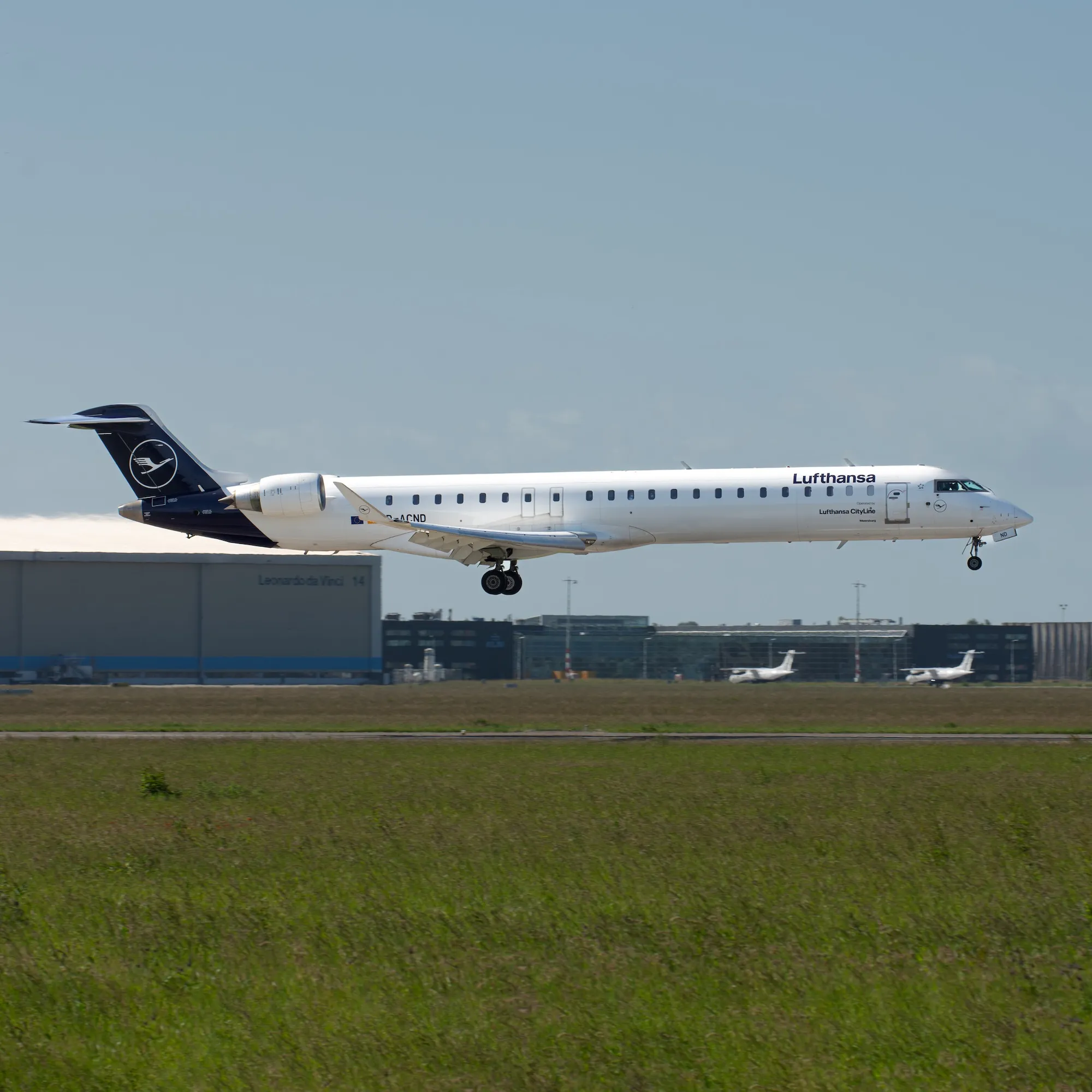
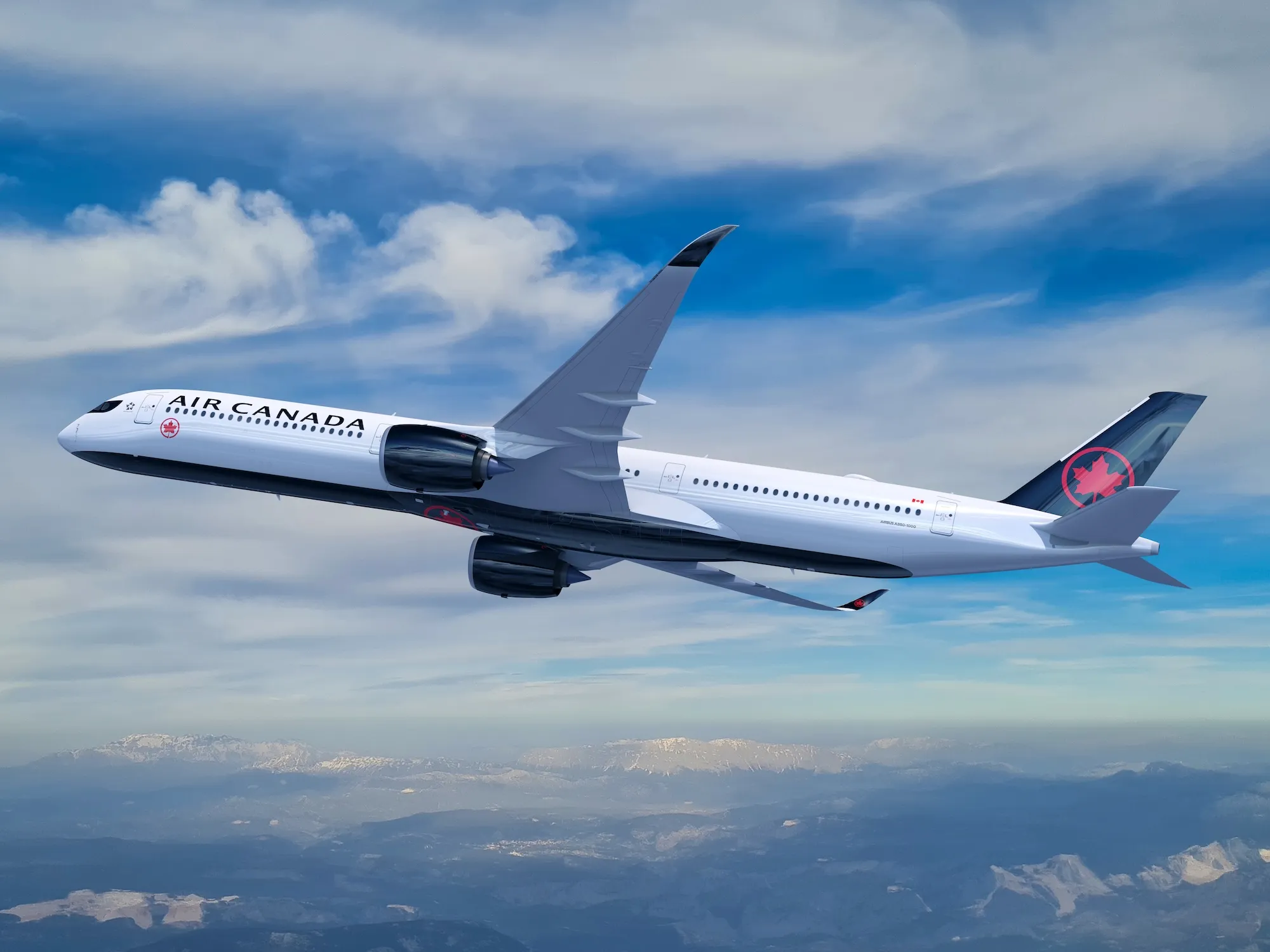
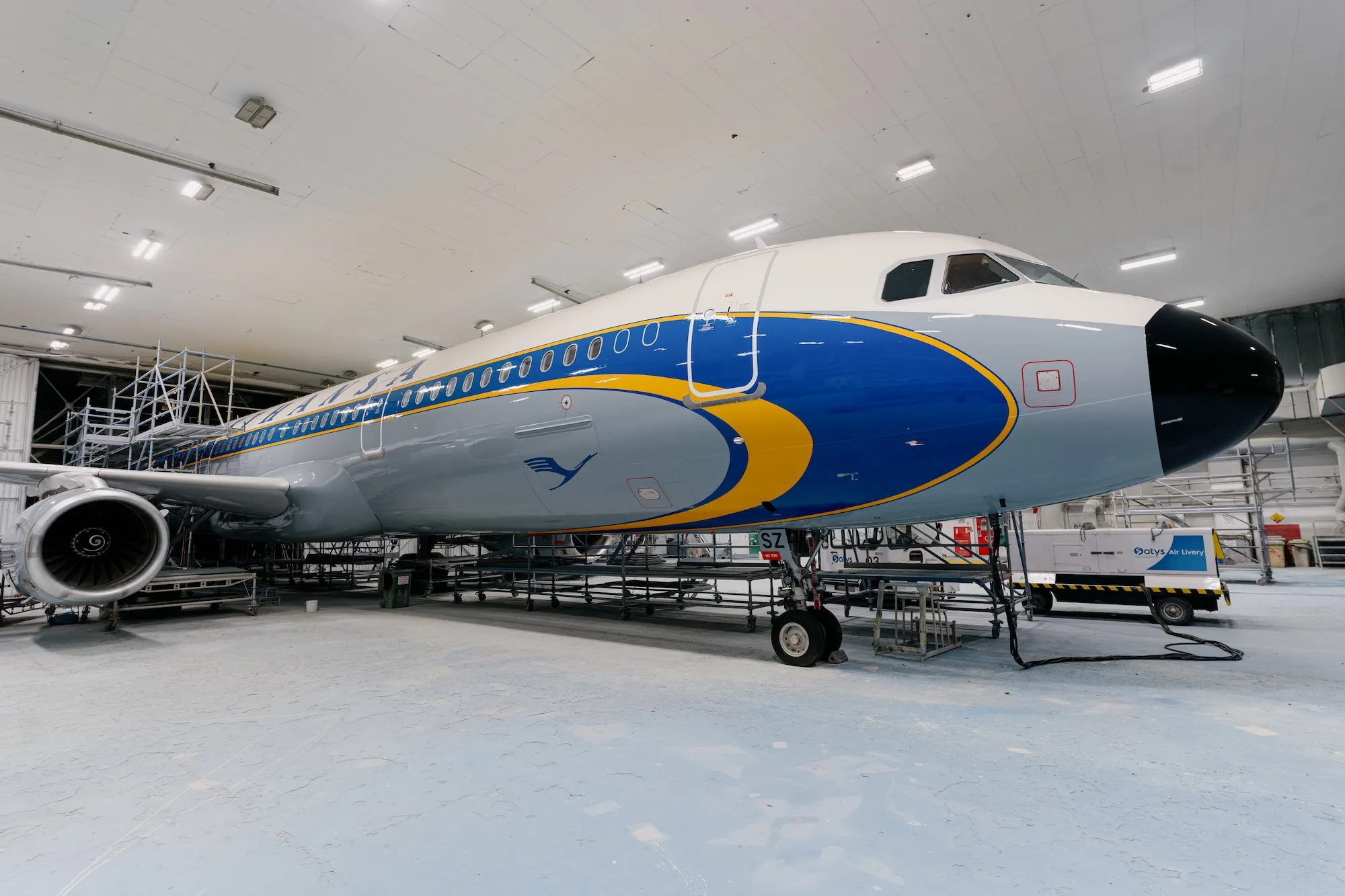
.webp)
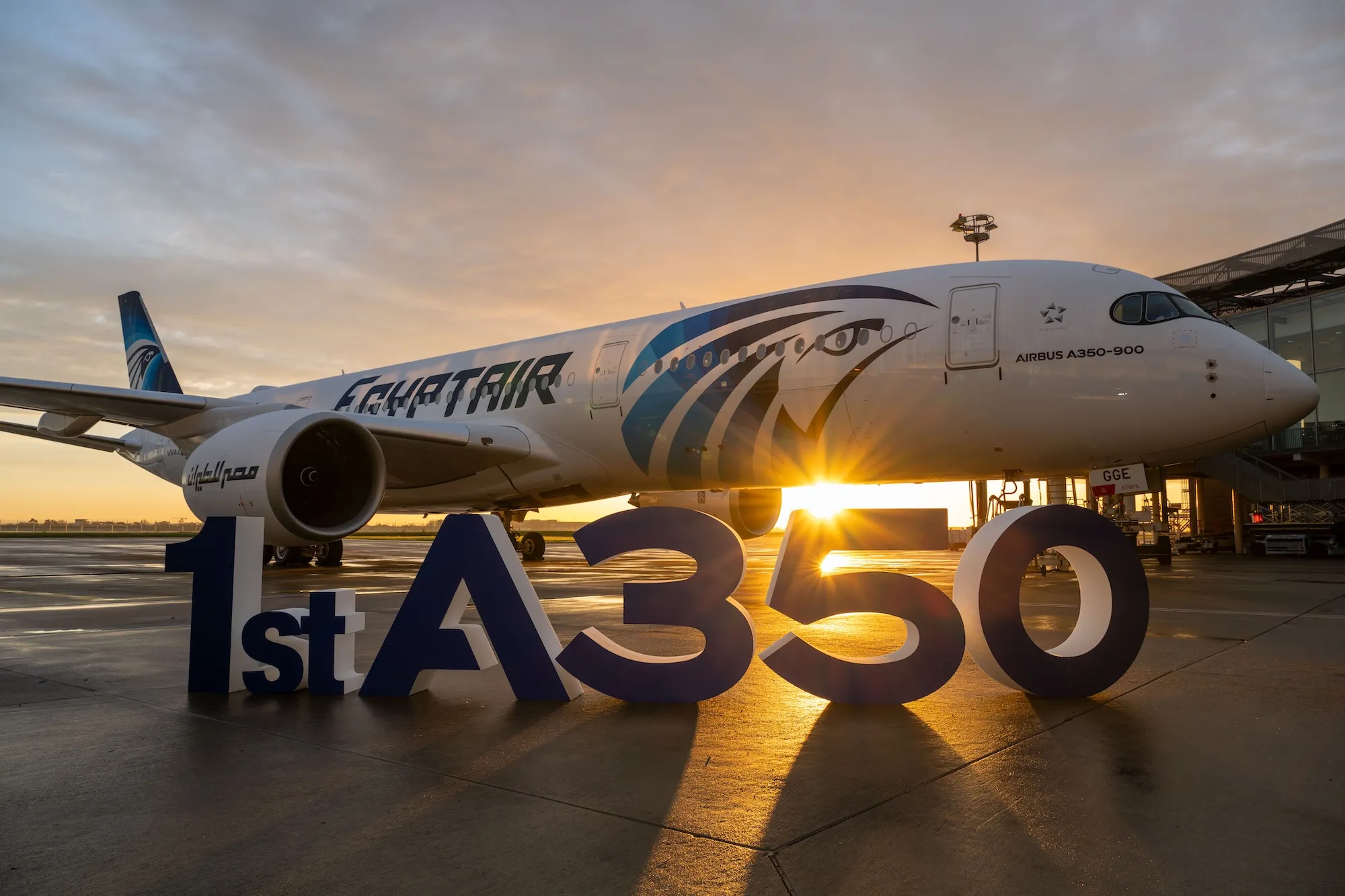


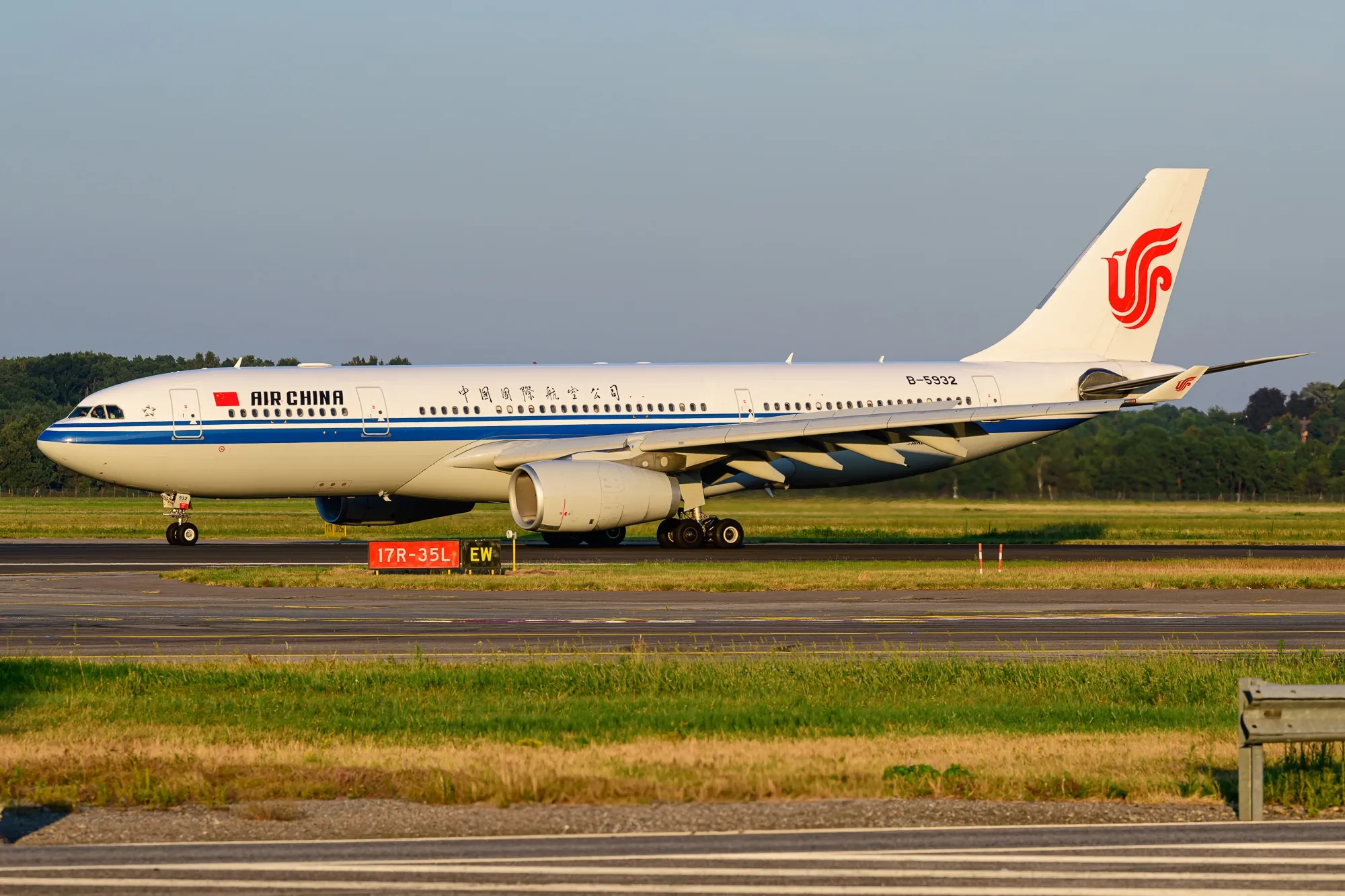
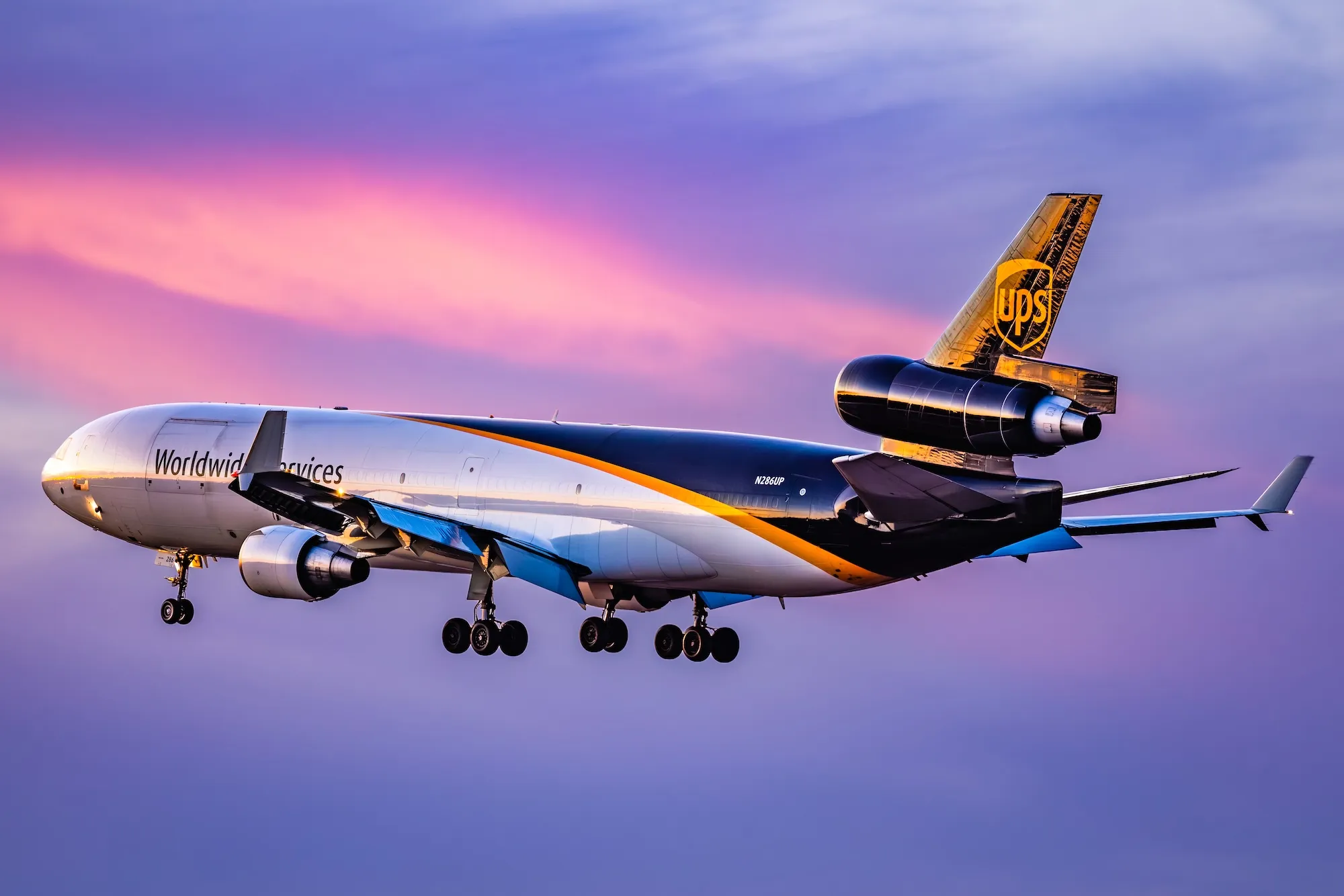
.webp)